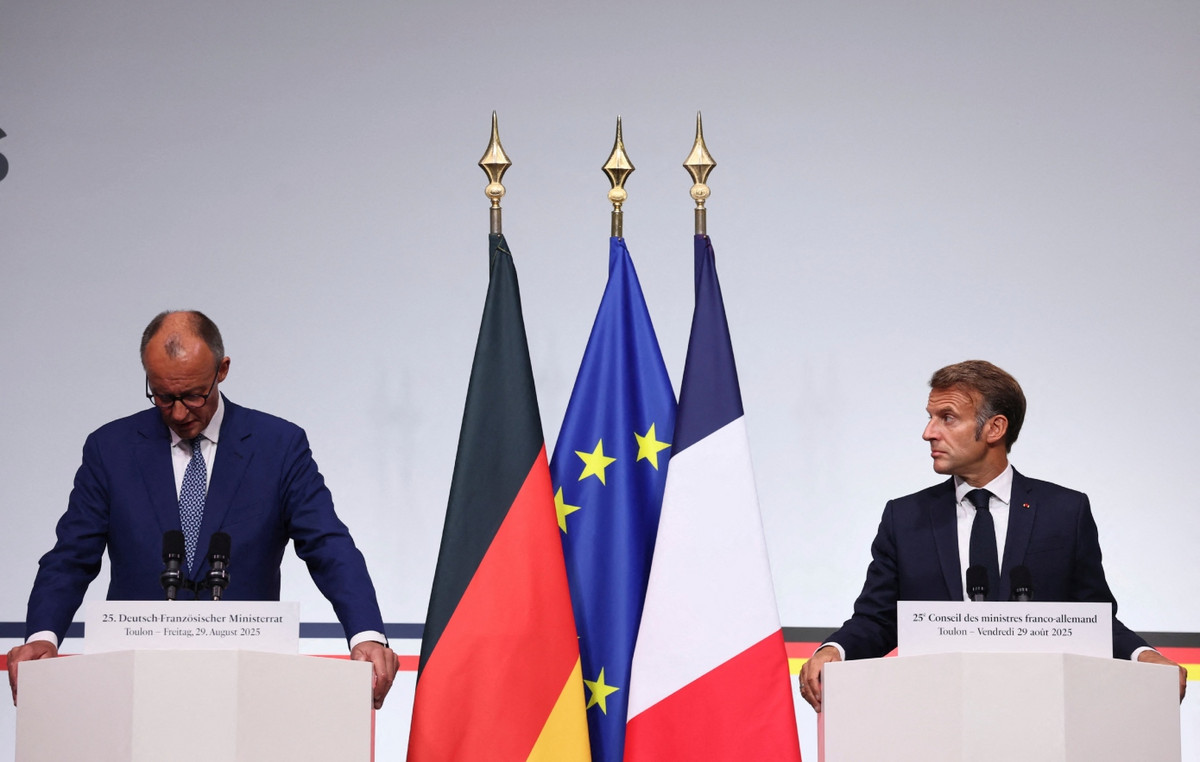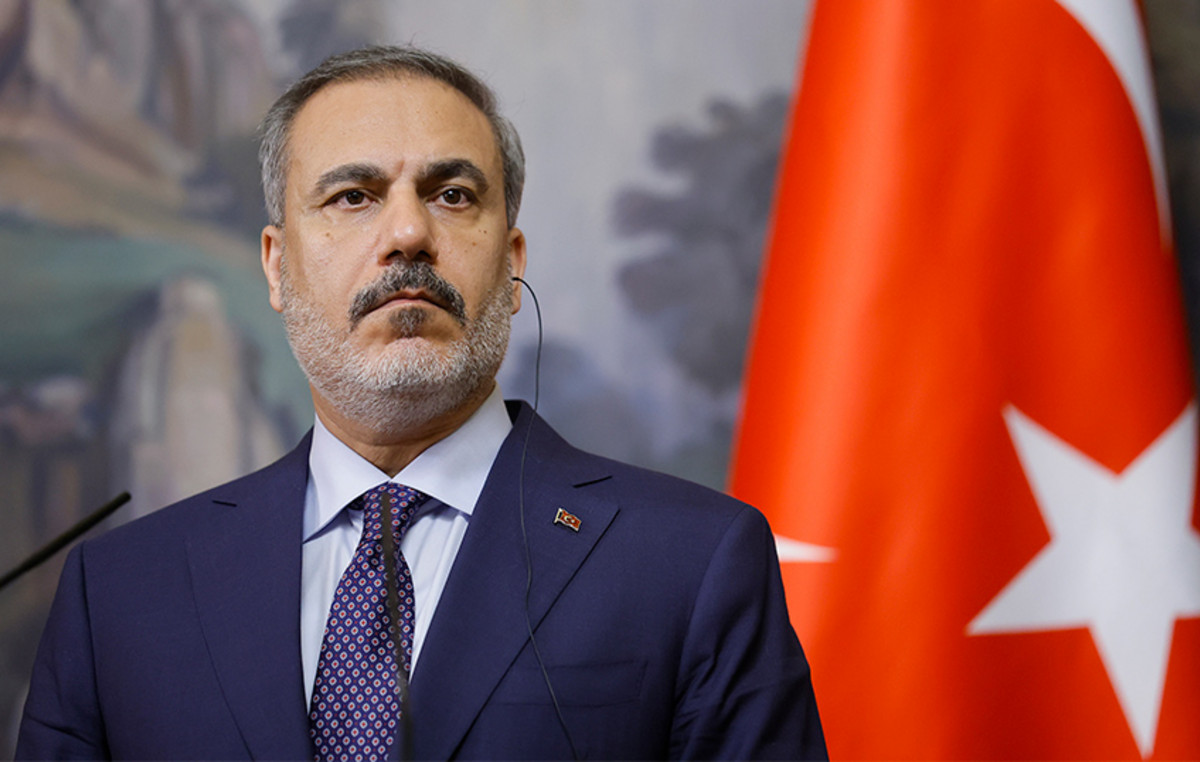The World Health Organization (WHO) released, this Wednesday (30), unprecedented global guidelines to support women and newborns in the postnatal period, which considers the first six weeks after birth.
According to the WHO, this is a critical time to ensure the survival of the newborn and the mother and to support the healthy development of the baby, as well as the recovery and general mental and physical well-being of the mother.
Currently, more than three in ten women and babies worldwide do not receive postnatal care within the first few days after birth – the period when most maternal and infant deaths occur.
Meanwhile, the physical and emotional consequences of childbirth – from injuries to recurring pain and trauma – can be debilitating if left untreated. Conditions are usually highly treatable when appropriate care is provided at the right time.
Director of Maternal, Neonatal, Child and Adolescent Health and Aging at the WHO, Anshu Banerjee, says that expanding maternal and newborn health care is a need that goes beyond the moment of birth.
“Indeed, the birth of a baby is a life-changing moment, which is linked to love, hope and emotion, but it can also cause unprecedented stress and anxiety. Parents need strong health and support systems, especially women, whose needs are often overlooked when their baby is born,” Banerjee said in a statement.
What the WHO guidelines say
According to the WHO, the first weeks after birth are crucial for building bonds and behaviors that affect child development and long-term health.
The guidelines include breastfeeding guidelines and information to support parents in providing care for newborns. In total, the new guidelines bring together more than 60 recommendations that help shape a positive postnatal experience for women, babies and families.
WHO recommends that at least three postnatal examinations be performed in the first six weeks, including home visits if possible. In the case of home birth, the first postnatal contact should occur as early as possible and, at most, 24 hours after birth. In addition to treatment, support and counseling to help with recovery and resolution of common problems women may experience after childbirth, such as perineal pain and over-fullness of the breasts (breast engorgement).
Support should be extended to the family to follow up on the baby’s signs, with screening of all newborns for eye abnormalities and hearing impairment, as well as vaccinations at birth.
The WHO emphasizes that women should receive breastfeeding counseling, access to postnatal contraception and health promotion, including physical activity, as well as screening for postpartum depression and anxiety. Partners should be encouraged to get involved, for example by attending consultations, in addition to supporting the woman and caring for the newborn.
The recommendations also detail the minimum length of hospital stay after birth and provide guidance on discharge criteria. However, the time required may vary from case to case, depending on social context, childbirth experience and any health issues.
Additional postnatal consultations are recommended for healthy women and newborns between 48 and 72 hours, between 7 and 14 days, and during the sixth week after birth. If health risks are identified, more visits are likely to be needed, with follow-up beyond the first six weeks.
“Evidence shows that women and their families want and need a positive postnatal experience that helps them cope with the immense physical and emotional challenges that occur after the birth of their babies, while building their confidence as parents,” said Mercedes. Bonet, a WHO physician, in a statement.
“Postnatal services must provide vital physical and mental health support, while helping caregivers thrive in providing the right care for their newborns.”
Source: CNN Brasil







